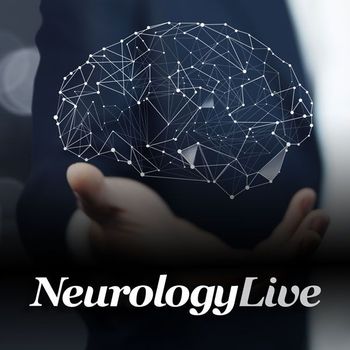
Constantino Iadecola, MD, discusses the interaction of vascular risk factors and the shortcomings of our current clinical approach to Alzheimer disease.

Constantino Iadecola, MD, discusses the interaction of vascular risk factors and the shortcomings of our current clinical approach to Alzheimer disease.

Addressing sleep apnea at a physiological level may reasonably be more effective and have fewer adverse effects than more traditional treatment modalities that may only target one mechanism.

Guest editor in chief Jessica Ailani, MD, FAHS, FAAN, provides an overview of the challenges and benefits associated with telemedicine.

Despite the continual epilepsy treatment landscape growth, there are only a few if any approved therapies for rare developmental and epileptic encephalopathies.

Advances in wearables and virtual reality present an opportunity to maximize rehabilitative efforts and improve outcomes.

Experts in the diagnosis and treatment of Duchenne muscular dystrophy share their perspectives on the complex care of this patient population in the NeurologyLive® Insights series “Management of Duchenne Muscular Dystrophy.”

Plagued by a long history of under- and inadequate treatment, clinicians have more options than ever to craft a personalized, effective plan for their patients.

On the heels of successful long-term data, evobrutinib seeks to maintain its high efficacy in 2 pivotal phase 3 clinical trials.

With many patients presenting with an unknown time of last known well, establishing a tissue window using advanced imaging techniques may allow for more effective intervention and better outcomes.